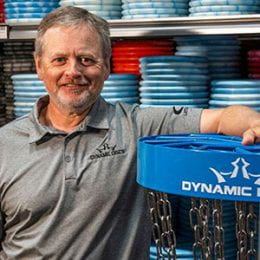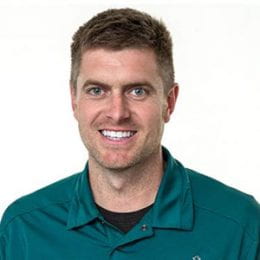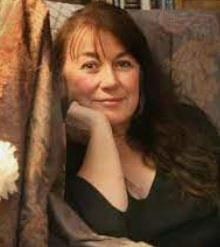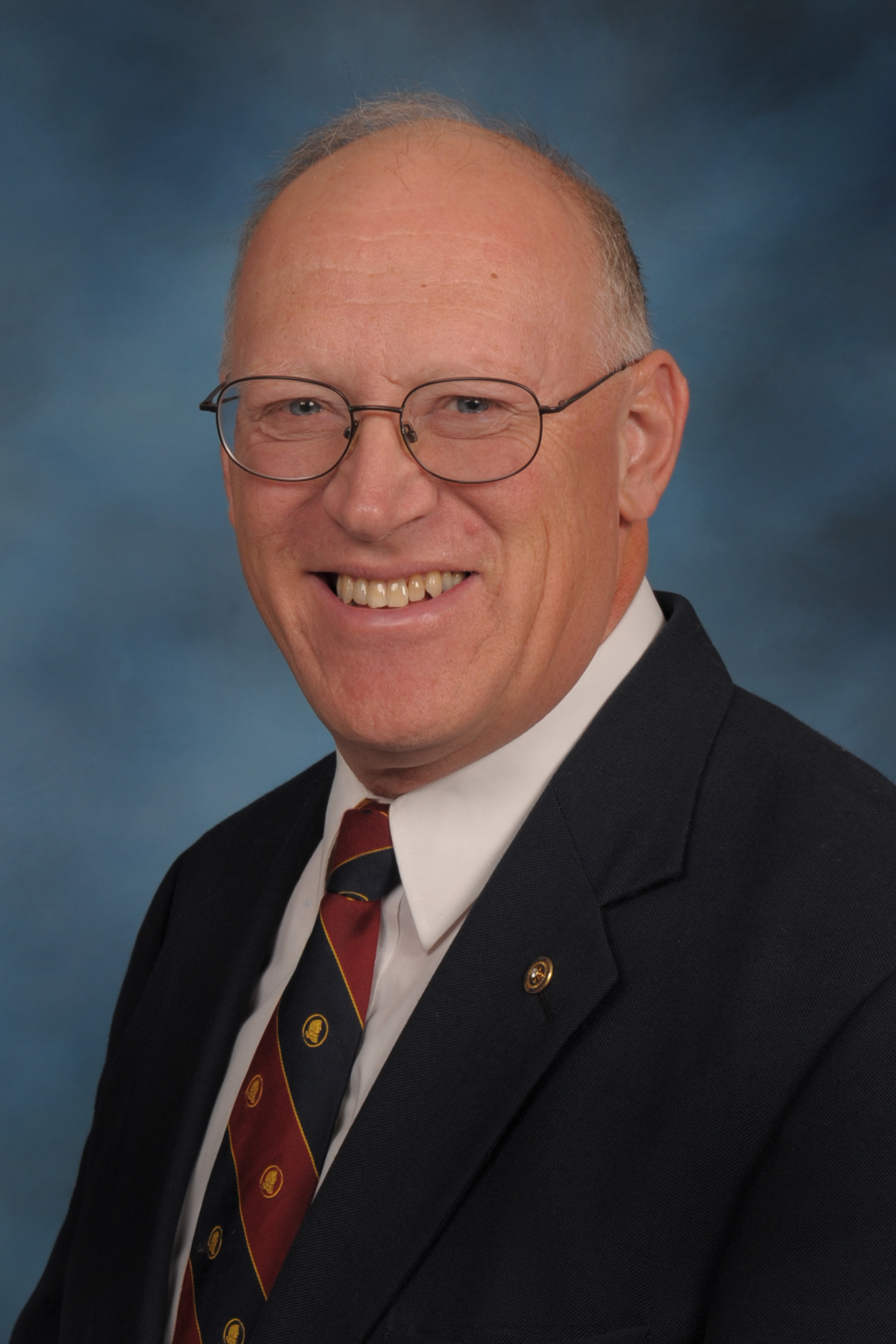This Kansas business is for the birds – gamebirds, that is. Today we’ll meet a young ruralpreneur who has created a business of raising pheasants and guiding pheasant hunts in his home region of rural Kansas.
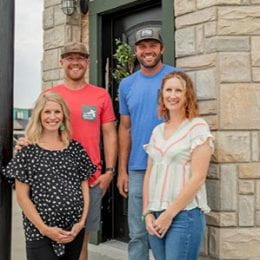
Last week we learned about Bethany Wallin, who founded a physical therapy and fitness center in her community of Courtland. Today we’ll meet her husband and learn about his business.
Clay Wallin and his friend Nathan Lindberg are owners of Heartland Game Birds. Wallin and his wife are from Republic County originally. Clay went to K-State and earned degrees in golf course management and agronomy before he and Bethany were married. He worked in crop seed sales in Kansas and Nebraska. For six years, they lived in Manhattan.
In 2018, Bethany took a position at the hospital in Belleville and they moved to Clay’s hometown of Courtland. Clay became an independent Channel seedsman and raised corn and soybeans.
Clay also joined his boyhood pal Nathan Lindberg and another friend in creating a pheasant business. “We grew up pheasant hunting together,” Wallin said. He remembered the excitement of the beginning of pheasant season. “Opening weekend was better than Christmas for me.”
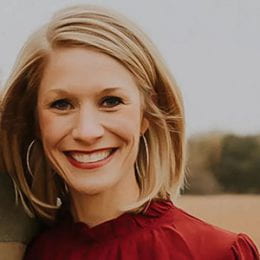

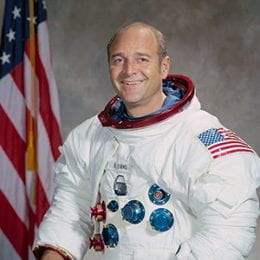
 Other than in the movies, they may not be able to fly or use X-ray vision. But in the case of one innovative Kansas project, these children have learned that they do have smile-power. This is part of a remarkable intergenerational childcare program found in rural Kansas.
Other than in the movies, they may not be able to fly or use X-ray vision. But in the case of one innovative Kansas project, these children have learned that they do have smile-power. This is part of a remarkable intergenerational childcare program found in rural Kansas.

